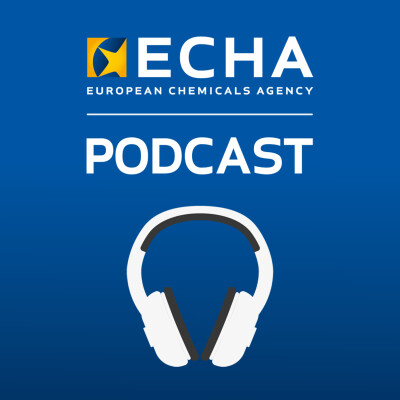Description
Tattoos are a popular form of body art – at least 12 % of Europeans have them. In the 18-35 age group, twice as many are likely to have a tattoo.
The health risks of using dirty needles to inject the inks have been under scrutiny for a long time. Now, their chemical-related concerns have also been analysed and their risks have been regulated at the EU level.
To protect European citizens, thousands of hazardous chemicals found in tattoo inks and permanent make-up are restricted in the EU under the REACH Regulation from January 2022.
The restriction covers, for example, chemicals that cause cancer or genetic mutations and chemicals that are toxic to reproduction as well as skin sensitisers and irritants.
In this episode, you will be hearing from a toxicologist, dermatologist, and tattoo artist who talk about the negative health effects of harmful chemicals used in inks and how restricting their use impacts the tattooing and permanent make-up industry.
Give us feedback
More
**************
Subscribe to our YouTube channel
Subscribe to our Safer Chemicals Podcast
Subscribe to our news
Follow us on:
*Twitter
*Facebook
*LinkedIn
Visit our website
Disclaimer: Views expressed by interviewees do not necessarily represent the official position of the European Chemicals Agency. All content is up to date at the time of publication.
Hosted on Ausha. See ausha.co/privacy-policy for more information.
